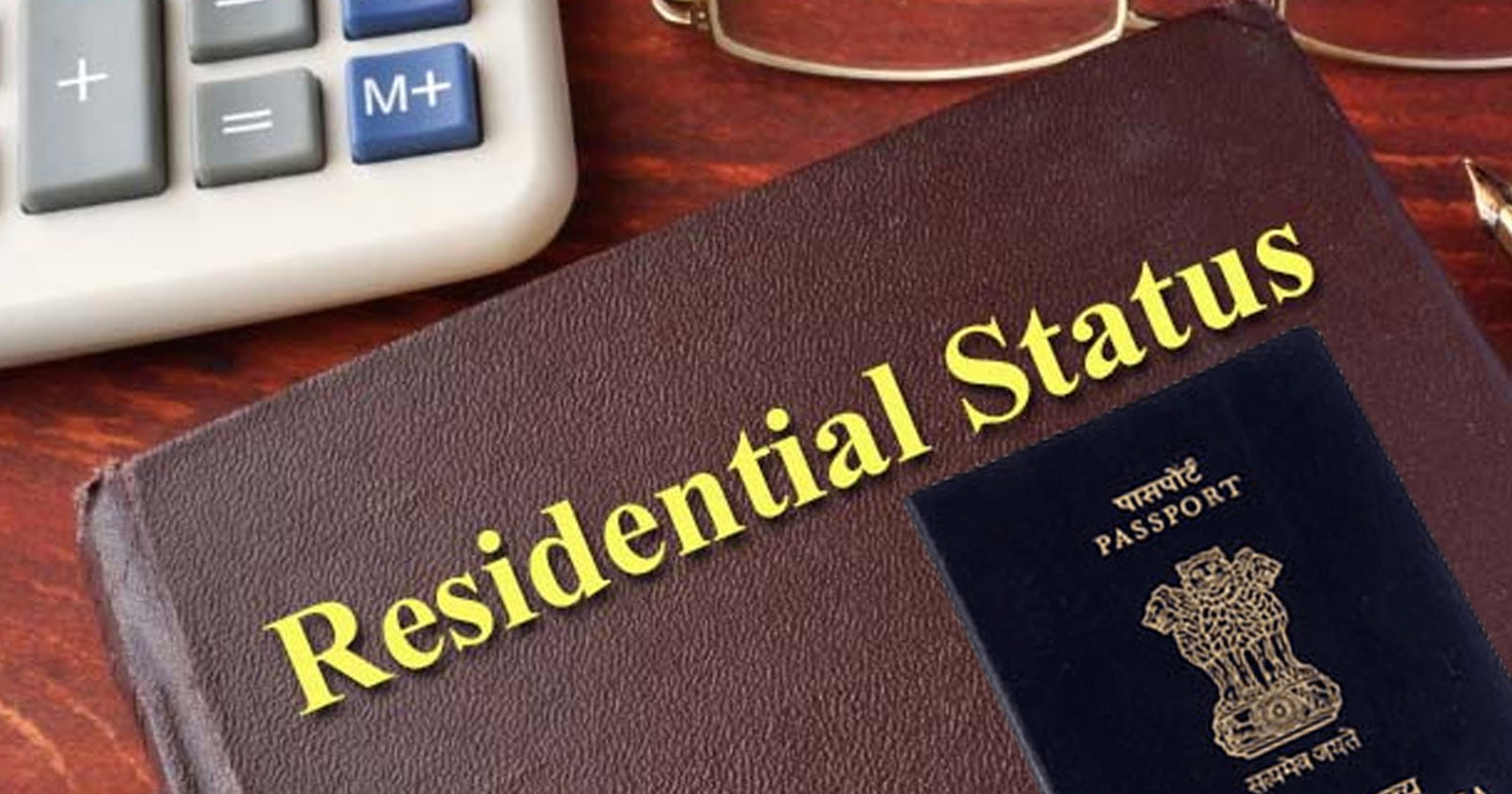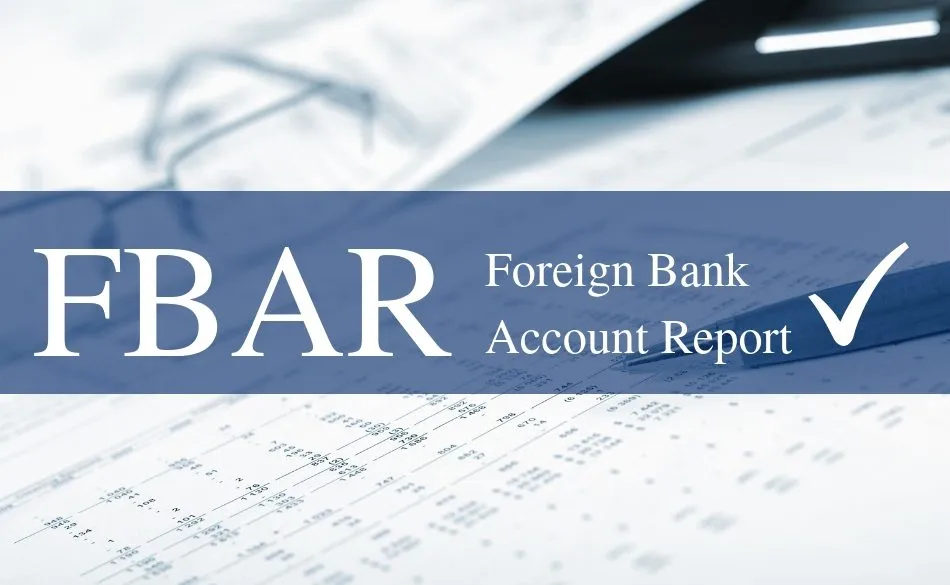Recently, many Non-Resident Indians (NRIs) have been receiving summons from the Income Tax Department, specifically from its investigation unit, probing their association with foreign financial entities. The department is particularly interested in NRIs who have opened foreign accounts or have investments in overseas funds, foreign banks, or hold beneficial interests in trusts.
What Information Are NRIs Required to Provide?
If you’ve received such a summons, you’ll need to provide details about the year in which your foreign account was opened, along with proof of your residency status during that period. This may include submitting copies of your passport dating back to the inception of the account. The onus is on the individual to demonstrate their physical presence in and out of India through proper documentation.
How Is Residency Status Determined?
Residency status is crucial in these investigations. Under Indian tax law, an individual is considered a resident if they stay in India for 182 days or more in the previous year, or 60 days in the previous year and 365 days over the four preceding years. NRIs must be aware that the burden of proving their non-resident status falls on them, especially when dealing with the IT Department.
How Far Back Can the IT Department Go?
In some cases, the IT Department has requested information spanning as much as 40 years, which has led to disputes over the reasonableness of such demands. While the summons may not directly allege residency in India, they require extensive documentation to prove otherwise.
Are NRIs Obliged to Disclose Foreign Assets?
For NRIs, there is no obligation to disclose foreign assets unless they earn income from them. The Finance Act 2024 has shortened the maximum time limit for issuing summons under Section 149 of the IT Act to five years from the previous 10 years. Before April 1, 2021, this period was as long as 16 years if the assessee had income from foreign assets.
What Should NRIs Do If They Receive a Summons?
If you receive a summons, it’s essential to maintain proper records, including old passports and proof of investment abroad. By proving that you’ve been a non-resident for several years, you may not be required to disclose additional information about your foreign assets. However, failing to provide the required details could lead to penalties, with the IT Department potentially adding the questioned amount to your taxable income.
What Are the Potential Consequences?
If the investigation wing does not receive adequate responses, the matter could be referred to an assessing officer under the Black Money Act (BMA), resulting in separate legal proceedings. Although BMA provisions do not typically apply to NRIs, improper replies could lead to ex-parte assessment orders and additions under sections like Section 69, which deals with unexplained investments.
Why Should NRIs Consult a Tax Specialist?
Given the complexity of these issues, it’s strongly advised that NRIs consult with a specialist in NRI tax matters. A professional can guide you through the process, helping you avoid pitfalls and ensuring that you comply with all legal requirements.
 WhatsApp
WhatsApp
 Call Us
Call Us
 Email Us
Email Us
 Whatsapp Community
Whatsapp Community







